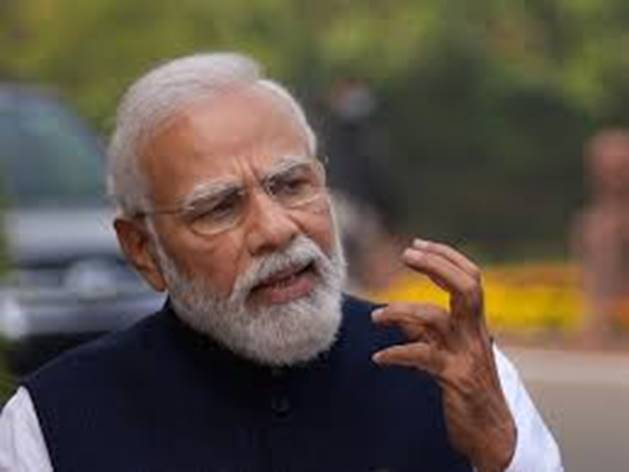

History shows that dialogue is crucial. If former Indian Prime Minister, the late Shri Rajiv Gandhi had not gone to Islamabad for the 1988 SAARC Summit, many critical issues between India and Pakistan would have remained unresolved during the Cold War. Similarly, the aftermath of the Kargil War and the events of 9/11 necessitated dialogue. The then Prime Minister late Shri Atal Bihari Vajpayee's initiatives, starting from the 2002 SAARC summit in Kathmandu, helped prevent further deterioration – Photo Al Jazeera
An Open Letter from Sapan to Prime Minister Narendra Modi
Dear Prime Minister,
We write to you as members of the Southasia Peace Action Network (Sapan), a collective committed to fostering cooperation, peace, and dialogue across our region. Our shared histories, cultures, and aspirations drive us to advocate for better relations among our nations under the SAARC umbrella.
First and foremost, we congratulate you and the NDA 3.0 on your recent electoral victory. We also commend the INDIA Alliance for restoring a healthy and united opposition in the country after a long gap. This development is a testament to the people of India's reaffirmation of their faith in democracy, ensuring a robust and effective opposition in Parliament – a cornerstone of a healthy democracy.
The recent election results affirm that the people of India remain firmly committed to the Indian constitution. We also commend your initiative in inviting the leaders of neighboring SAARC countries to join the people of India in felicitating the new government and Parliament during the oath of office ceremony.
However, we feel the absence of an invite to Pakistan. In the spirit of "Vasudhaiva Kutumbakam" – the world is one family – we hope you will revise your stand and extend a hand of friendship to all SAARC countries, including Pakistan.
Sapan is a group of Southasians in the region and diaspora who have come together to realise our dream of a cooperative Southasia, working across borders as envisaged by SAARC. We share a common history of colonial exploitation and the divisive policies of partition, which have left deep scars.
We believe that the people of Southasia share many common bonds, from history and cuisine to language, religion, culture, art, dance, and music. Our interactions around the world have shown us the potential for unity and cooperation.
We acknowledge that recent interactions between our nations have been marked by suspicion and a lack of trust. However, we firmly believe it is within our power to mend fences, demonstrating that our ancient cultures and traditions are stronger than any armory.
The lack of dialogue between India and Pakistan risks strengthening those whose interests lie in seeing our nations remain divided. It also hinders Southasia's ability to focus on mutual development and prosperity.
History shows that dialogue is crucial. If former Indian Prime Minister, the late Shri Rajiv Gandhi had not gone to Islamabad for the 1988 SAARC Summit, many critical issues between India and Pakistan would have remained unresolved during the Cold War. Similarly, the aftermath of the Kargil War and the events of 9/11 necessitated dialogue. The then Prime Minister late Shri Atal Bihari Vajpayee's initiatives, starting from the 2002 SAARC summit in Kathmandu, helped prevent further deterioration.
Therefore, we appeal to you, for the sake of the peoples of our region, to strive to enter a new era of genuine fraternity across our borders. This is essential to improve the quality of life for all our peoples, increasing performance in every sector, and freeing our peoples from the clutches of hunger, disease, unemployment and ethnic and religious strife.
India’s 2024 electoral mandate, in which the people of India ushered in a government of consensus, presents an opportunity for Southasia and SAARC to also be governed by consensus. Let us seize this moment to foster an inclusive and collaborative future for our region.
We at Sapan pledge to work with you and all governments in the region to continue dialogue and facilitate an easier visa regime for our people.
We respectfully urge you to call a formal SAARC summit, bringing together the heads of all nations, including Pakistan, to work out a roadmap for peace and good relations in this auspicious period of Amrit Kaal.
Sapan, and many groups in the region, offer our full support and are ready to work with all Southasian governments to take steps in this direction. As our esteemed visionaries, the late I.A. Rehman and Admiral L. Ramdas, both committed to promoting peace and understanding between India and Pakistan, said: "If not now, then when? If not us, then WHO?"
Sincerely,
Southasia Peace Action Network (Sapan)
Sapan Founding Charter - https://southasiapeace.com/founding-charter/

